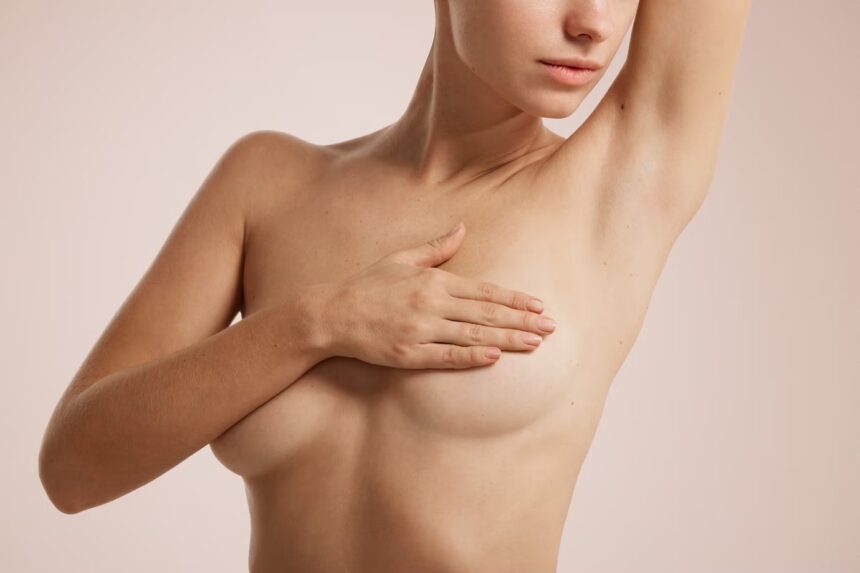Introduction
Breast health is a crucial aspect of women’s well-being, and early detection of breast cancer plays a vital role in improving treatment outcomes. In South Africa, where breast cancer is a significant health concern, promoting breast health through regular breast self-examination (BSE) and early detection strategies is essential. This article aims to raise awareness about the importance of BSE and early detection methods to empower South African women in taking charge of their breast health.
Understanding Breast Self-Examination (BSE)
Breast self-examination involves examining one’s own breasts to detect any changes or abnormalities. It is a simple and effective way for women to become familiar with their breast tissue and identify any potential signs of concern. BSE should be performed regularly, ideally once a month, and can be done at home without any special equipment.
Steps for Performing Breast Self-Examination
- Visual Examination: Stand in front of a mirror with your arms relaxed at your sides. Observe your breasts for any visible changes in size, shape, or symmetry. Note any changes in the contour, dimpling, or puckering of the skin. Check for any nipple abnormalities, such as inversion or discharge.
- Manual Examination: Lie down and place a pillow or folded towel under your right shoulder. Use the pads of your three middle fingers on your left hand to feel your right breast in a circular motion, starting from the outer edges and moving towards the center. Cover the entire breast and armpit area. Repeat the process for the left breast using your right hand.
- Vertical Strip Method: Some women may find it helpful to divide the breast into vertical strips and examine each strip systematically. Start from the collarbone and move downward, checking the entire breast in a pattern until you reach the bra line.
- Pay Attention to Sensations: During the examination, take note of any lumps, thickening, or changes in texture. Be aware of any pain, tenderness, or unusual sensations. It is essential to remember that most breast changes are not cancerous, but it is always best to consult a healthcare professional to evaluate any concerns.
Early Detection Strategies
While BSE is a valuable practice, it is essential to combine it with other early detection strategies for comprehensive breast health management:
- Clinical Breast Examination (CBE): Regular CBE by a healthcare professional, such as a gynecologist or primary care physician, is recommended. They can perform a thorough examination, assess any abnormalities, and provide further guidance or referrals if needed.
- Mammography: Mammograms are X-ray images of the breast and are the gold standard for breast cancer screening. Women aged 40 and above should consider annual mammograms, and those with higher risk factors may need to start screening earlier. Consult a healthcare professional for personalized recommendations.
- Education and Awareness: Increasing awareness about breast health, early detection, and risk factors is vital. Community health programs, campaigns, and educational materials can empower women with knowledge, encouraging them to prioritize regular breast self-examination and seek medical attention if any concerns arise.
- Genetic Counseling and Testing: Women with a family history of breast cancer or specific genetic mutations may be at higher risk. Genetic counseling and testing can provide valuable information about individual risk factors, allowing for personalized screening and prevention strategies.
Conclusion
Promoting breast health through regular breast self-examination and early detection strategies is crucial in South Africa. By familiarizing themselves with their breast tissue and detecting changes early, women can take proactive steps towards maintaining their well-being. However, BSE should not replace regular clinical examinations and mammograms, which remain vital components of comprehensive breast health management. Let us encourage women in South Africa to embrace breast self-examination, raise awareness, and seek timely medical attention, ultimately promoting a healthier future for all.










